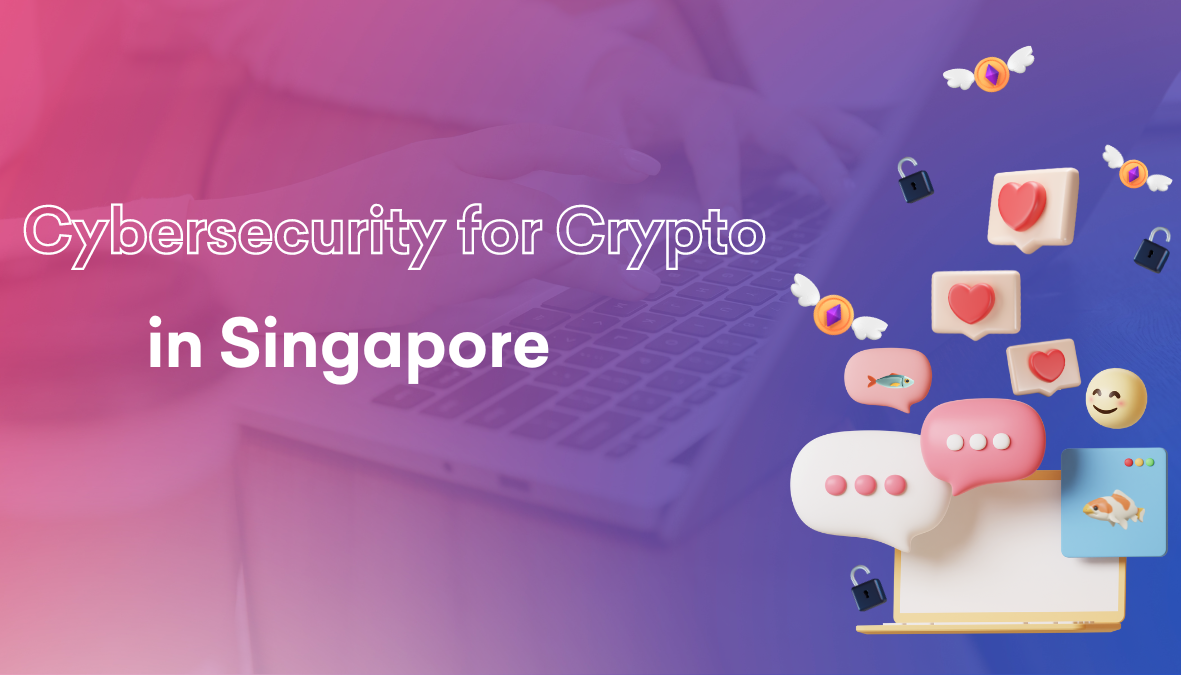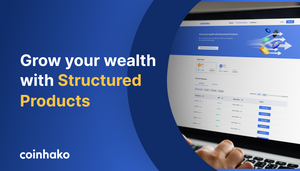Living in Singapore certainly has its fair share of perks — our vibrant food culture, the clean and green city and decent weather (subjective). One thing that’s often taken for granted is our safety and security — it’s not uncommon to find people who expect that they will be protected everywhere they go. It is a risky mindset to have for sure, and it’s worse when we extend that mindset online.
Participating in the digital space requires us to understand two things: nothing is guaranteed, and everything is up for grabs. These rules ring extra true when it comes to cryptocurrency — there is a need to navigate with great caution due the irreversible nature of cryptocurrency transactions.
Types of scams
Chat group scams
While it may be nice to find a community channel that you can participate in, there are always bad actors lurking and waiting to prey on new users. Some may pose as admins of the group, or pretend that they represent members of a certain exchange to extract login information from you.
As a general rule of thumb, admins for communities like chat groups or forums will likely never personally message you, especially not for personal, account or financial information. When you receive such messages, do not provide any information; Instead, reach out via official channels to clarify before you send anything.
Investment and mining scams
This particular scam has infiltrated social media, becoming more prevalent after the onset of COVID-19. Shady “investment pitches” pop up in the Facebook/Instagram comments about making it rich with Bitcoin? They usually look like this:
Repeat after us: if it’s too good to be true, it usually is.
There is a growing number of fly-by-night online services that claim to guarantee a profit via trading, mining, or some other investment service. Never send funds to anyone claiming guaranteed and instant profits. You should always do your due diligence and check the platform before using its services and only trade on trusted and reputable platforms.
Love/romance scams
Possibly the most devastating of all the scams is the love scam, where victims are not just out financially, but emotionally as well. Scammers usually draw people into online relationships by pretending to be an attractive partner. This long con usually ends with the victim sending a large amount of cryptocurrency to who they believe to be their lover, only to find that they’ve absconded and are nowhere to be found.
If we’re being honest, the only thing you can do to prevent yourself from falling victim to this is to be cautious and remain vigilant, especially if the person you meet online never wants to meet in real life and begins asking you for money regularly.
Phishing scams
Phishing is a somewhat elaborate attempt where scammers create fake websites and emails to try and trick you into giving up your personal, account and financial information. The success of this method varies depending on the target, and how convincing the fake emails and websites are.
To help you avoid these scams, all you have to do is use your VOICE of reason:
- Verify the URL before entering personal or financial information
- Only use official websites
- Identify spelling errors or weird domain names
- Check links before clicking or downloading files
- Enable multi-factor authentication
Maintaining cyber hygiene
Keeping yourself safe online isn’t difficult at all. In fact, maintaining cyber hygiene is as easy as reciting your ABCs:
Avoid storing your credit/debit card information on your computer.
Be wary of any suspicious requests/promotions/deals.
Check your bank/credit card statements regularly.
Do not save your password on your browser.
Ensure that the websites you visit are secure and trusted.
Financial or personal information should not be accessed on public WiFi.
Generate a strong password if you can’t think of a strong password.
It's crucial that we take cybersecurity seriously and take proactive steps to protect ourselves. It's also essential to stay informed about the latest threats and to be vigilant about monitoring our online accounts for any suspicious activity. By taking these steps, we can help protect our sensitive information, such as our financial and personal data, from falling into the wrong hands.
Disclaimer: All writers’ opinions are their own and do not constitute financial advice. As a company, we do our best to provide information that is accurate and valuable. The contents of this blog post are intended for educational purposes only. Individuals are advised to perform due diligence before purchasing any cryptocurrencies as these assets are subject to high volatility, and understand the risks associated with trading cryptocurrencies.
👉 Join us on Telegram and Instagram
🤔 For any queries, please reach out to us here, or visit our Help page.
Copyright © Coinhako 2023 All Rights Reserved. Read more on our terms of use of this blog. All opinions expressed here by Coinhako.com are intended for educational purposes, taken from the research and experiences of the writers of the platform, and should not be taken as investment or financial advice.






